Daniel Carlat, MD
Dr. Carlat has disclosed that he has no relevant financial or other interests in any commercial companies pertaining to this educational activity.
ARTICLES
Carlat Total Access Subscriptions: Get access to every article on the website.
Recommended
Newsletters
Please see our Terms and Conditions, Privacy Policy, Subscription Agreement, Use of Cookies, and Hardware/Software Requirements to view our website.
© 2026 Carlat Publishing, LLC and Affiliates, All Rights Reserved.
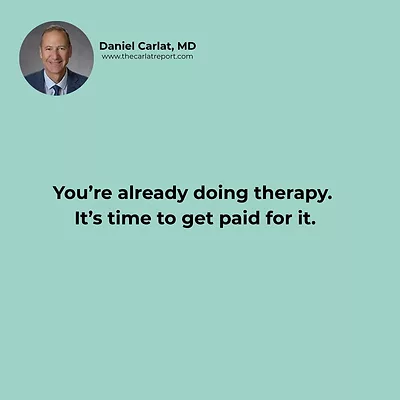

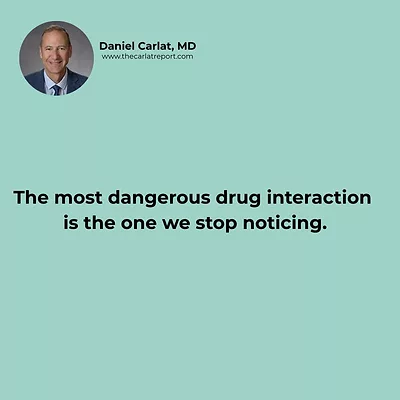
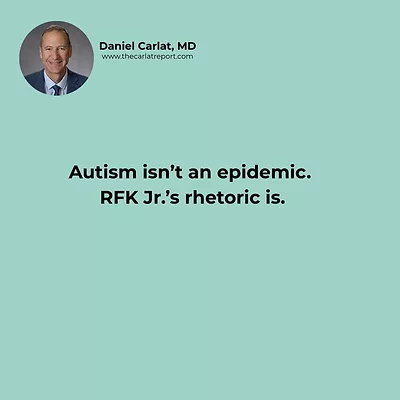
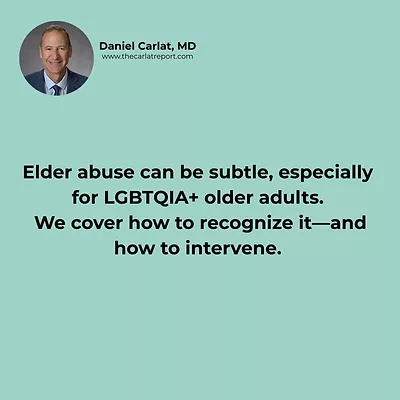
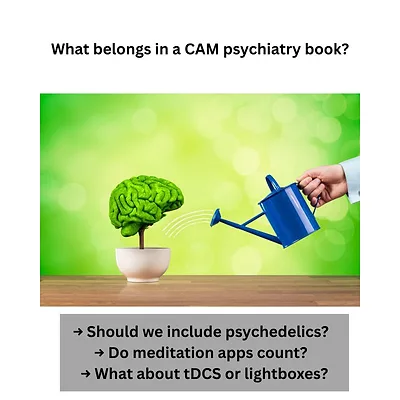
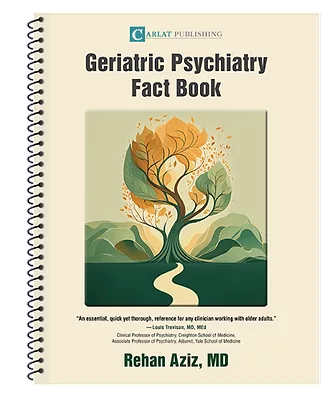

_-The-Breakthrough-Antipsychotic-That-Could-Change-Everything.webp?t=1729528747)



